A Master of Business Administration (MBA) degree is one of the most popular graduate degrees for its versatility and return on investment. This degree can prepare students for entry or advancement in a wide variety of careers, including project management, human resources, finance, marketing, and more.
The Bureau of Labor Statistics (BLS) states that there will be an average of 1.1 million new job openings for management positions through 2032. The median annual wage for managers is $107,360. MBA graduates can also use their degree to pursue high-paying, fast-growing jobs like financial analyst, management analyst, health services manager, and more.
Most MBA programs can be completed in 1-2 years of full-time study, depending on the student’s educational and professional background. According to the National Center for Education Statistics (NCES), the average annual tuition for graduate programs during the 2021-22 academic year was $12,596 at public institutions and $29,931 at private non-profit colleges.
Why Trust Us
The Intelligent.com Higher Education Team is dedicated to providing students with independent, equitable school and program rankings and well-researched resources. Our expert-driven articles cover topics related to online colleges and programs, paying for school, and career outlooks. We use data from the U.S. Department of Education’s College Scorecard, the National Center for Education Statistics, and other reputable educational and professional organizations. Our academic advisory team reviews content and verifies accuracy throughout the year for the most current information. Partnerships do not influence rankings or editorial decisions.
- Analyzed over 2,000 national, accredited, and nonprofit colleges and universities
- 800+ rankings pages are reviewed and updated yearly
- Content is informed by reputable sources, surveys, and interviews with academic advisors and other experts
- Over 100 data points are reviewed for accuracy and quality throughout the year, including sources
How we rank schools
Our list features the best MBA programs at top colleges nationwide. Each school featured is a nonprofit, accredited institution — either public or private — with a high standard of academic quality for post-secondary institutions.
We evaluated each school’s program on tuition costs, admission, retention and graduation rates, faculty, reputation, and the student resources provided for online students. We collected data from trusted sources like the National Center for Education Statistics, individual school and program websites, school admissions counselors, and other data sources. Then, we calculated the Intelligent Score on a scale of 0 to 100 based on the following criterion:
Academic Quality:
- Admission rate versus enrollment rate
- Retention rate of students who return after year one
- Accreditation status (regional and programmatic)
- Nonprofit status, both private and public institutions
Graduation Rate
- Overall graduation rate
- Total number of currently enrolled students, including diversity metrics
- Student-to-faculty ratio
Cost and ROI
- In-state and out-of-state per-credit tuition rates and fees
- Required credits to graduate
- Earning potential after graduation
- Availability of federal student loans, scholarships, and other financial aid options
Student Resources
- Available student services for online-only and hybrid programs
- On-campus amenities like tutoring centers and the number of libraries
Read more about our ranking methodology.
Best 50 Accredited MBA Degree Programs
FiltersInstitution Type
Status
- Intelligent Score
- Alphabetically By University Name
- Acceptance Rate
- Enrollment
- In-state Graduate Tuition
- Out-of-state Graduate Tuition
- In-state Undergraduate Tuition
- Out-of-state Undergraduate Tuition
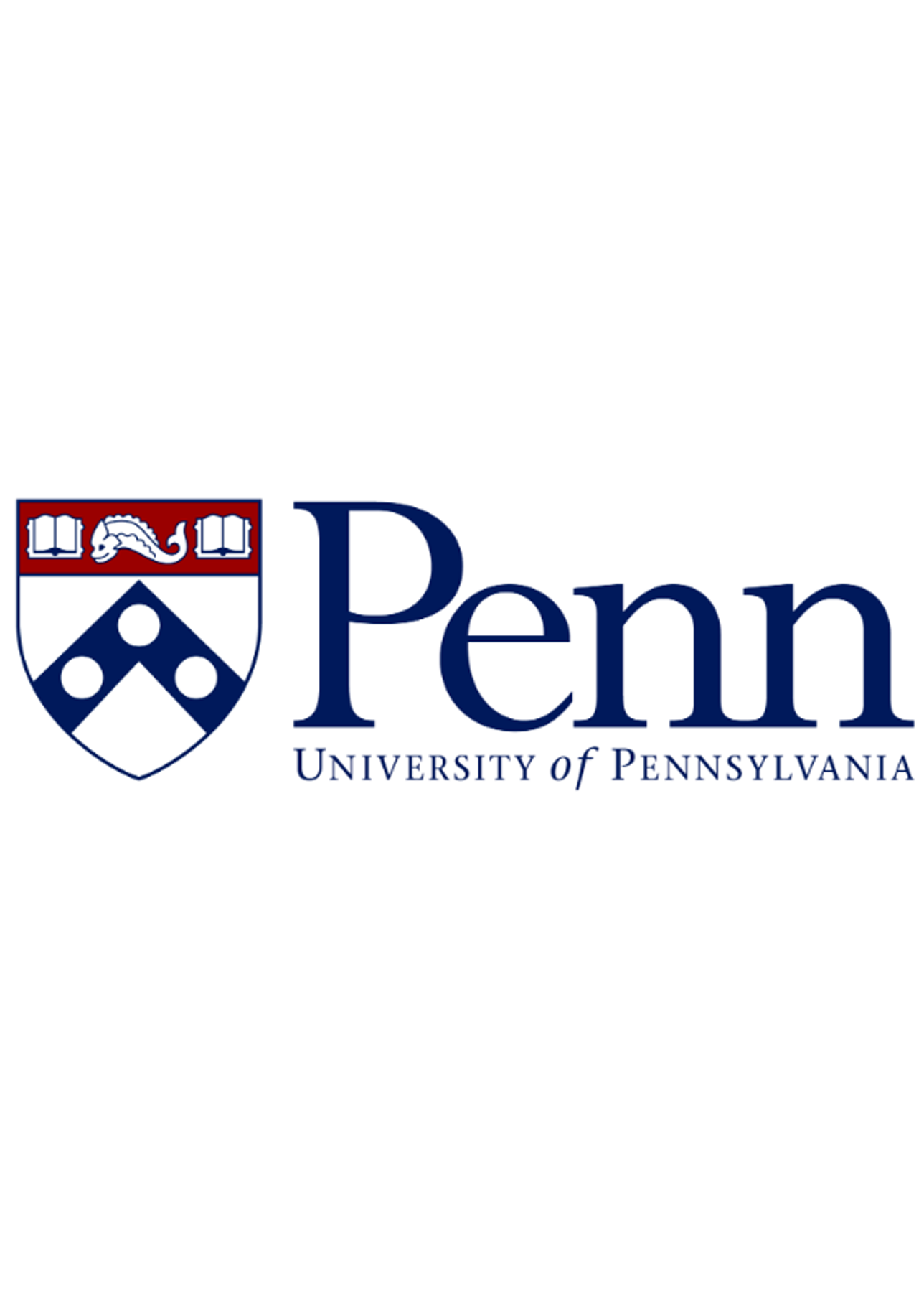
University of Pennsylvania, The Wharton School
Intelligent Score: 99.87In-state: $53,166
Out-of-state: $53,166
In-state: $37,678
Out-of-state: $37,678
SAT: 1460-1570
ACT: 33-35
$3,030
On-Campus, Online
Association to Advance Collegiate Schools of Business
57

Harvard Business School
Intelligent Score: 99.07In-state: $49,653
Out-of-state: $49,653
In-state: $49,448
Out-of-state: $49,448
SAT: 1460-1580
ACT: 33-35
$1,896
On-Campus
Association to Advance Collegiate Schools of Business
79

Cornell University
Intelligent Score: 98.7In-state: $58,586
Out-of-state: $58,586
In-state: $29,500
Out-of-state: $29,500
SAT: 1400-1540
ACT: 32-35
$2,663
On-Campus, Online
Association to Advance Collegiate Schools of Business
60

MIT Sloan School of Management
Intelligent Score: 98.13In-state: $53,450
Out-of-state: $53,450
In-state: $53,450
Out-of-state: $53,450
SAT: 1510-1580
ACT: 34-36
$1,169 - $2,000
On-Campus
Association to Advance Collegiate Schools of Business
144

Northwestern University
Intelligent Score: 97.78In-state: $58,227
Out-of-state: $58,227
In-state: $56,067
Out-of-state: $56,067
SAT: 1430-1550
ACT: 33-35
$2,624
On-Campus
Association to Advance Collegiate Schools of Business
46.5-61.5

University of Chicago
Intelligent Score: 97.07In-state: $57,642
Out-of-state: $57,642
In-state: $60,300
Out-of-state: $60,300
SAT: 1500-1570
ACT: 34-35
$2,698
On-Campus
Association to Advance Collegiate Schools of Business
60

University of Michigan
Intelligent Score: 97.03In-state: $16,520
Out-of-state: $53,669
In-state: $24,344
Out-of-state: $24,344
SAT: 1340-1520
ACT: 31-34
Resident: $2,469
Non-Resident: $2,645
On-Campus, Online
Association to Advance Collegiate Schools of Business
57
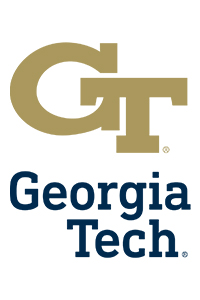
Georgia Institute of Technology
Intelligent Score: 96.96In-state: $28,106
Out-of-state: $49,218
In-state: $27,898
Out-of-state: $27,898
SAT: 1370-1530
ACT: 31-35
The Georgia Institute of Technology (Georgia Tech) offers a strong selection of concentration options for its MBA program, including international business, management of information resources, product and service innovation, and sustainability. Georgia Tech also maintains partnerships with multinational corporations and new startup businesses, providing MBA students with various exciting opportunities for experiential learning.
Resident: $1,132
Non-Resident: $1,548
On-Campus
Association to Advance Collegiate Schools of Business
54

Columbia University
Intelligent Score: 96.54In-state: $57,864
Out-of-state: $57,864
In-state: $49,024
Out-of-state: $49,024
SAT: 1460-1570
ACT: 33-35
$2,816 - $3,998
On-Campus, Online
Association to Advance Collegiate Schools of Business
60

University of California, Los Angeles
Intelligent Score: 95.87In-state: $11,442
Out-of-state: $41,196
In-state: $11,442
Out-of-state: $11,442
SAT: 1310-1530
ACT: 30-35
$1,740
On-Campus, Hybrid
Association to Advance Collegiate Schools of Business
80

University of Texas at Dallas
Intelligent Score: 95.68In-state: $11,448
Out-of-state: $40,032
In-state: $12,028
Out-of-state: $12,028
SAT: 1210-1470
ACT: 26-33
Resident: $577 - $914
Non-Resident: $1,134 - $1,622
On-Campus, Online
Association to Advance Collegiate Schools of Business
53
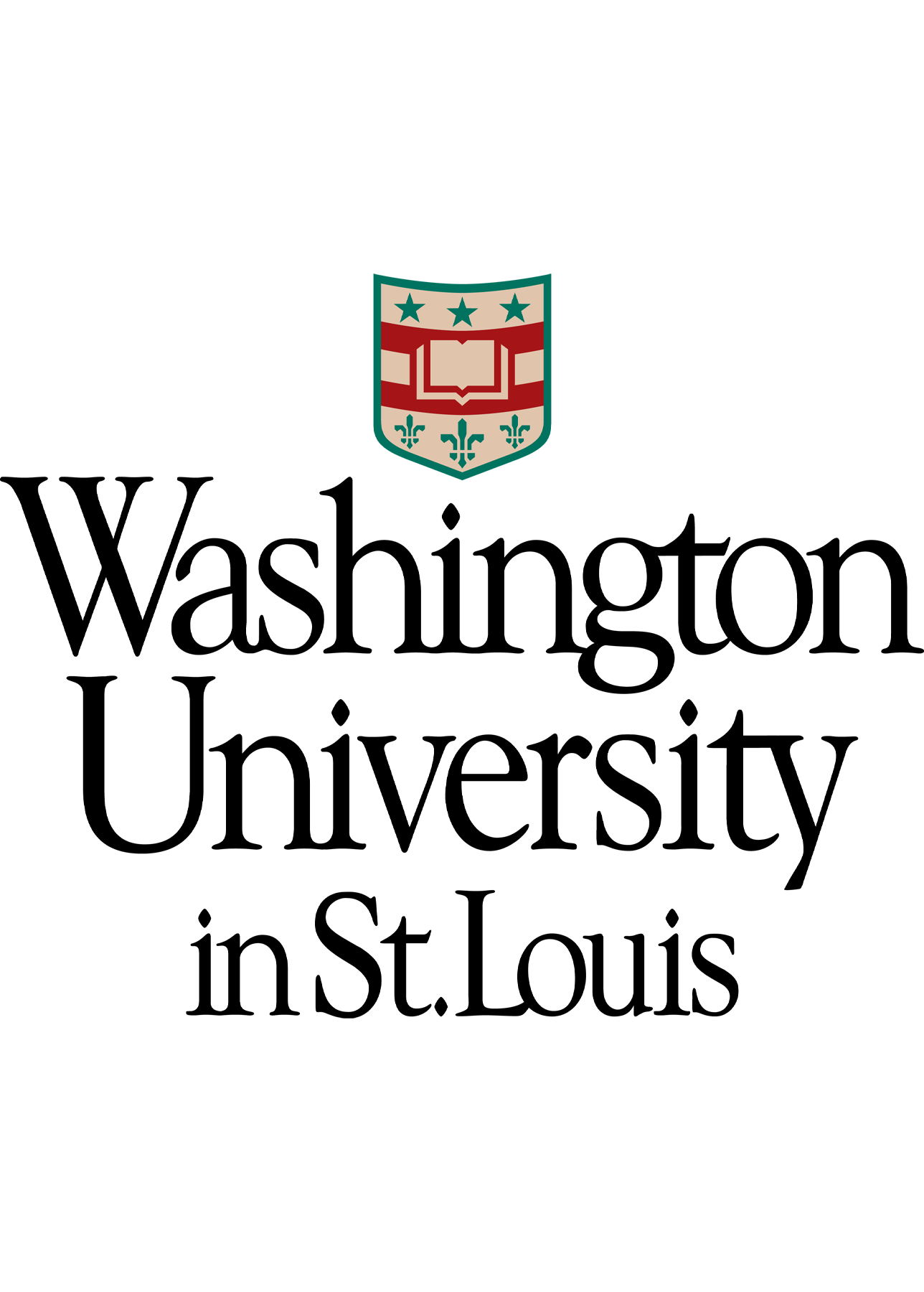
Washington University in St. Louis
Intelligent Score: 95.46In-state: $56,300
Out-of-state: $56,300
In-state: $56,300
Out-of-state: $56,300
SAT: 1480-1560
ACT: 33-35
$1,650
On-Campus, Online
Association to Advance Collegiate Schools of Business
48-67

University of Wisconsin - Madison
Intelligent Score: 94.85In-state: $9,273
Out-of-state: $37,161
In-state: $10,728
Out-of-state: $10,728
SAT: 1260-1460
ACT: 27-32
$1,700
On-Campus, Hybrid
Association to Advance Collegiate Schools of Business
44
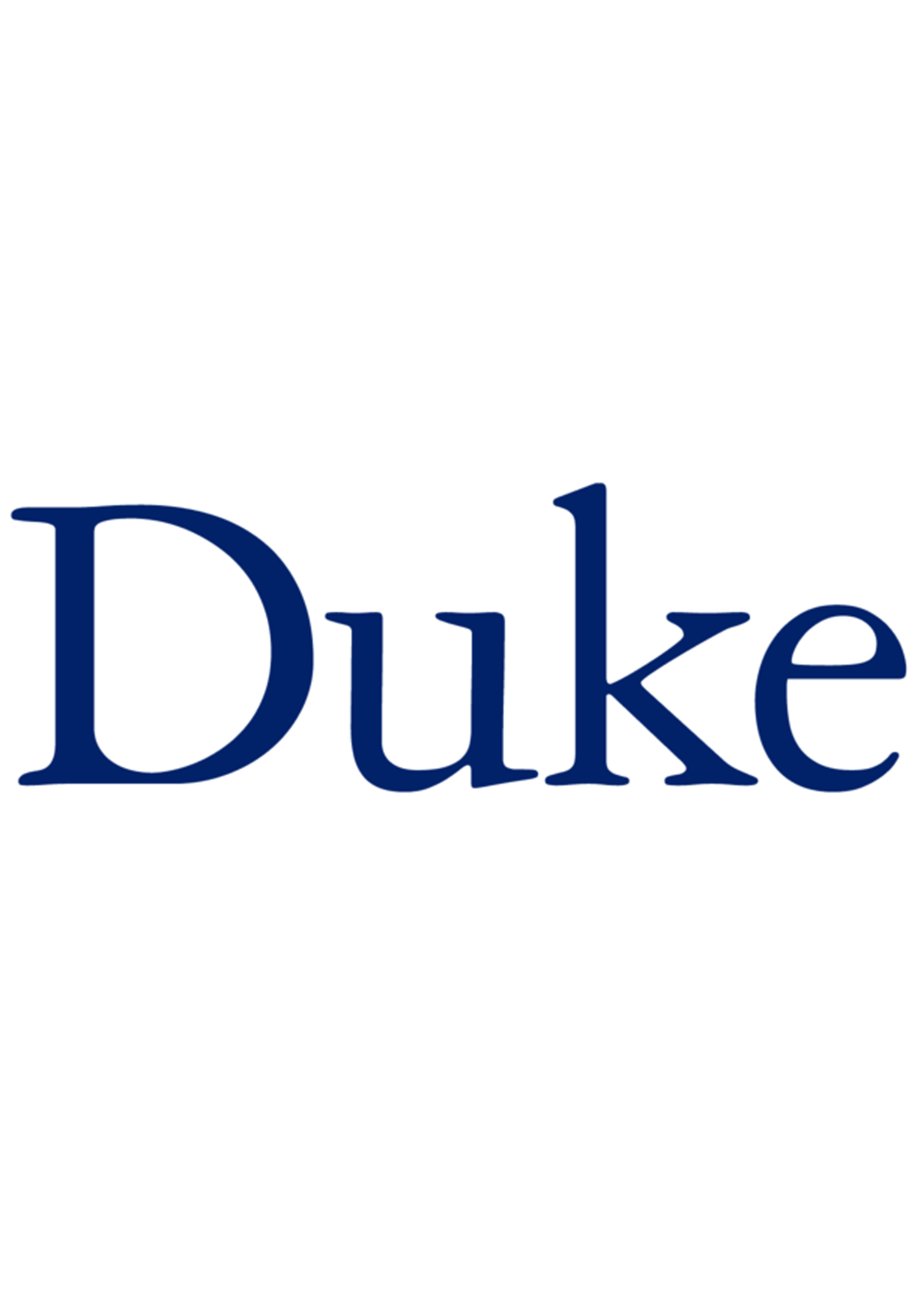
Duke's Fuqua School of Business
Intelligent Score: 94.14In-state: $55,880
Out-of-state: $55,880
In-state: $57,900
Out-of-state: $57,900
SAT: 1470-1570
ACT: 34-35
$1,898
On-Campus, Hybrid
Association to Advance Collegiate Schools of Business
65-79

University of Southern California
Intelligent Score: 93.53In-state: $59,260
Out-of-state: $59,260
In-state: $47,880
Out-of-state: $47,880
SAT: 1340-1530
ACT: 30-34
$2,307
On-Campus, Online
Association to Advance Collegiate Schools of Business
56

Stanford University
Intelligent Score: 93.4In-state: $55,473
Out-of-state: $55,473
In-state: $54,315
Out-of-state: $54,315
SAT: 1420-1570
ACT: 31-35
$1,774
On-Campus
Association to Advance Collegiate Schools of Business
90
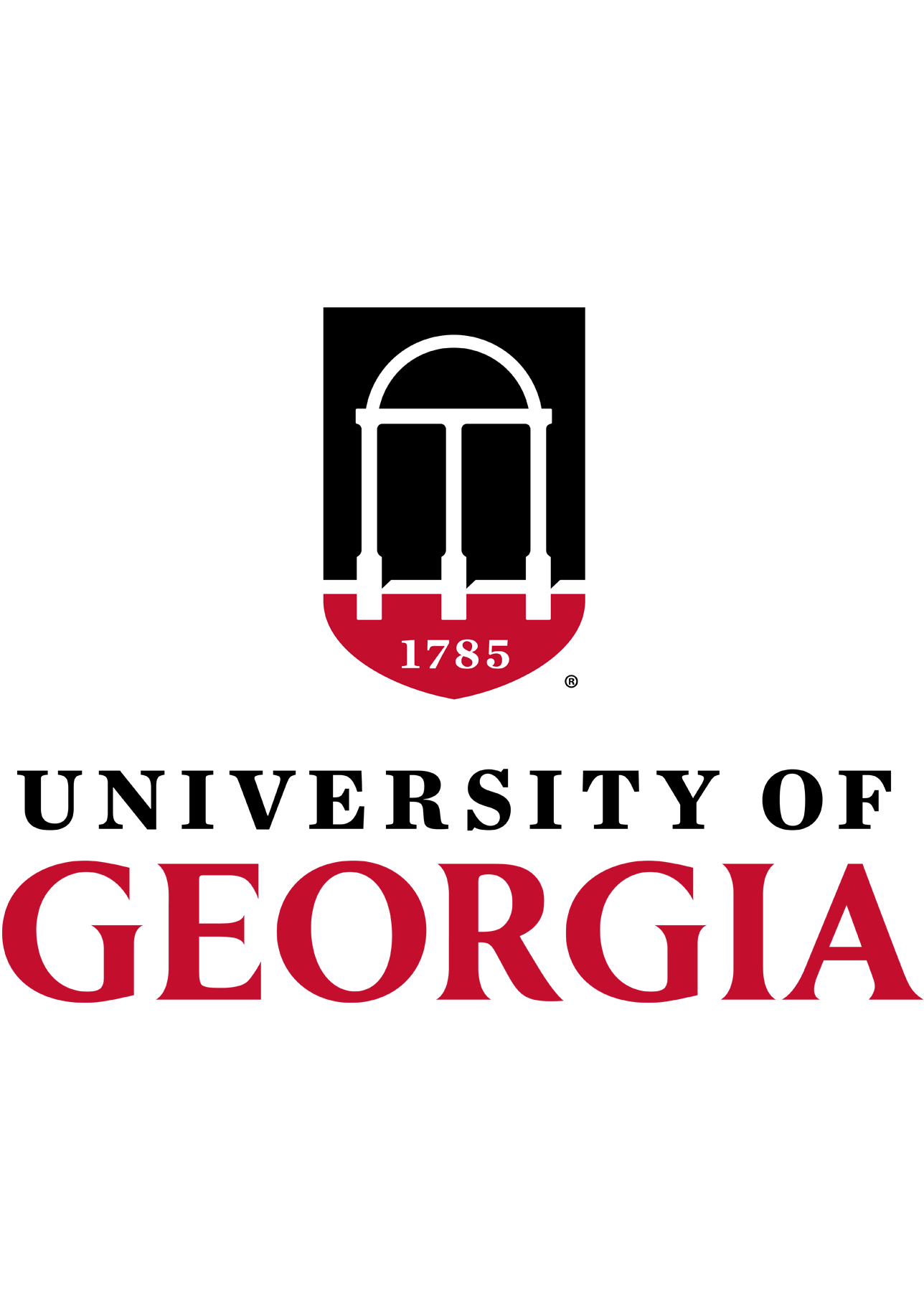
University of Georgia
Intelligent Score: 93.4In-state: $9,790
Out-of-state: $28,830
In-state: $8,878
Out-of-state: $8,878
SAT: 1250-1460
ACT: 29-33
In-State: $566
Out-of-State: $1,359
On-Campus, Online, Hybrid
Association to Advance Collegiate Schools of Business
61
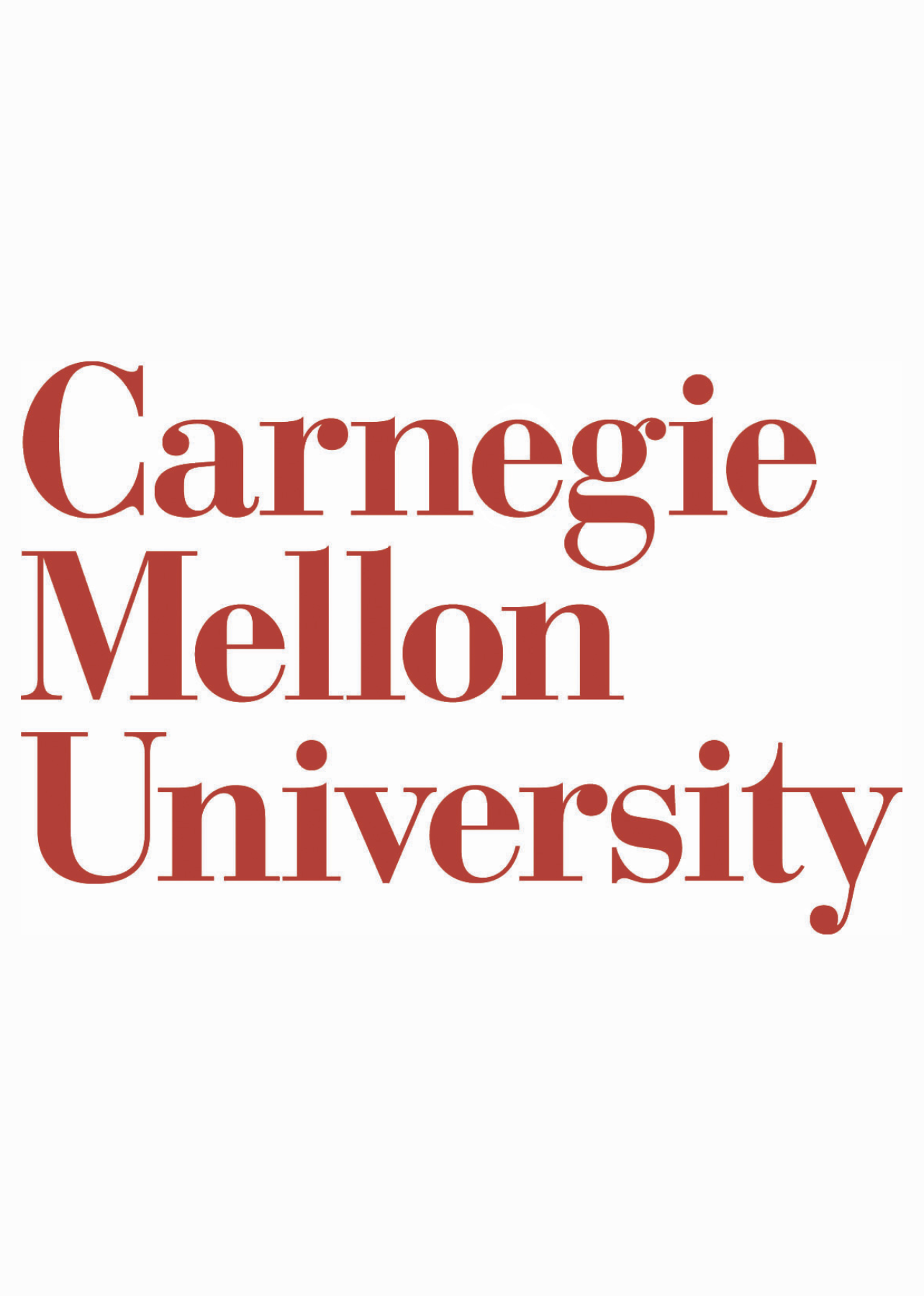
Carnegie Mellon University
Intelligent Score: 93.23In-state: $57,560
Out-of-state: $57,560
In-state: $46,441
Out-of-state: $46,441
SAT: 1460-1560
ACT: 33-35
$758
On-Campus, Online, Hybrid
Association to Advance Collegiate Schools of Business
64
How to Choose an MBA Program
Choose your area of study
Because of the diversity of available MBA programs, it’s beneficial to establish some parameters for what you’re seeking before you begin exploring your options.
First, consider what level of MBA program is appropriate. Students who don’t have an educational or professional background in business should seek out an entry-level MBA program that covers foundational as well as advanced business concepts and skills. Meanwhile, those who have work experience and want to use their MBA to help them prepare for high-level positions can consider executive MBA programs, which focus on advanced coursework.
Specializations are another consideration. While most MBA programs include a general core curriculum that covers key areas of business, many also offer students the opportunity to specialize in a particular topic. Popular MBA concentrations include finance, marketing, entrepreneurship, human resources, international business, and information technology. Consider your career goals and what type of coursework you’ll need to achieve them. This will help you focus your search on programs that offer the specialization you seek.
Based on your interests and career goals, you may also want to explore other types of graduate degrees. For example, if you have an interest in finance, your options also include a Master of Finance (MFin) and a Master of Science (MS) in finance. All these degrees will prepare students for a career in finance, but an MBA is the only one that includes general business courses.
Lastly, consider your practical needs, such as scheduling and budget. If you’re working while earning your MBA, you may need to find a program that offers evening and weekend courses. If fitting in-person courses into your schedule is challenging, you can also explore online MBA programs.
Research schools and programs
The parameters you set will help guide your research when you begin exploring MBA degree program options.
Visiting a school’s website is a good place to start gathering information about potential programs. You can also speak to admissions counselors and program representatives or visit the school for an open house or information session to learn more.
When researching programs, here are some questions that can help you determine if the program is a good fit:
- What is the curriculum, and does it align with your interests and goals?
- Who are the faculty members, and what are their qualifications?
- What networking opportunities are available to students?
- Is there an internship or other experiential learning component?
- What support services are available to students?
- What scholarship and financial aid opportunities are available?
- What type of accreditation does the institution and program have?
Accreditation is important because it can affect students’ financial aid eligibility, employment options, and future educational opportunities. Schools in the U.S. can be regionally or nationally accredited, with regional accreditation being the more widely recognized accreditation status. MBA programs can also have programmatic accreditation through agencies like the Association to Advance Collegiate Schools of Business (AACSB) or the Accreditation Council for Business Schools and Programs (ACBSP). Students can verify institutional and programmatic accreditation through the Council for Higher Education Accreditation’s database.
Prepare for tests and applications
When researching MBA programs, find out what the application requirements and deadlines are for schools you’re considering. Each program has its own admissions policies and procedures, so if you have questions, contact the school’s admissions office to clarify. Eligibility requirements also vary for MBA programs. Some programs have flexible criteria, while others specifically require that students have an undergraduate degree in business or work experience in a business-related field.
Generally speaking, applicants must submit the following for an MBA program:
- Completed application and required fees
- Official transcripts from all undergraduate institutions attended
- Letter(s) of recommendation
- Resume or CV
- Personal statement
- GRE or GMAT scores
There are multiple opportunities throughout the year for students to take their GRE or GMAT exam, which are standardized tests for graduate admissions. These exams can be challenging, so it’s recommended that students give themselves ample time to prepare. This can include self-paced study or prep classes. Students should also account for time to retake the exams if they don’t achieve their desired score on the first try.
Select your program
Once you have a shortlist of MBA programs, you can choose how many of them you want to apply to. Because MBA admissions can be competitive, many students apply to multiple programs to increase their odds of acceptance. However, your preferences and interests should be the main guide to how many applications you submit. If you’re accepted to multiple MBA programs, compare your options to the priorities you outlined in step one to help you decide which program is the best fit for you.
Determine how you’ll pay for your degree
If you haven’t yet collected information about tuition and fees for your MBA program, now is the time to do so. This information is usually available on a school’s website, or you can contact their financial aid office to speak to a financial aid counselor.
Students who are planning on working while earning their MBA should find out if their employer offers tuition assistance benefits. Due to the desirability of MBA skills, many employers offer financial assistance to help employees earn this degree.
In order to access federal student aid, such as student loans and grants, you must submit the Free Application for Federal Student Aid (FAFSA). Colleges use the information from this application to determine eligibility for federal and institutional need-based aid. Graduate students are eligible for Direct Unsubsidized Loans and Direct PLUS Loans through the U.S. Department of Education. Many external organizations, including professional associations, nonprofits, and community and religious groups, also award scholarships and grants.
What Can You Expect From an MBA Degree Program?
The curriculums for MBA programs typically include a core curriculum of courses focusing on key business practices and topics, including leadership, management, communication, economics, and marketing. Once students complete these courses, they can use electives and advanced coursework to specialize in a particular business area, such as human resources, finance, information technology, healthcare management, entrepreneurship, or marketing.
Many MBA programs include an experiential learning component, such as an internship, to give students the opportunity to apply the theoretical knowledge they gain through classes in a real-world setting. There may also be a capstone project requirement in which students synthesize their academic and internship work.
Most MBA programs require between 36-60 credits, which translates to 1-2 years of full-time study. Longer programs are typically geared toward students who don’t have a business background or extensive work history. Executive MBA programs, which are designed for professionals who have five or more years of work experience, tend to be shorter but more rigorous, focusing on advanced business skills and practices.
An MBA is an incredibly versatile degree that students can use to help them advance toward management and C-suite positions, pivot to a new career, increase their earning potential, or start their own business. Many industries employ MBA grads, including tech, finance, healthcare, marketing, and consulting.
Potential courses you’ll take in an MBA degree program
- Business Strategy: Introduces students to principles and conceptual frameworks for evaluating and formulating business strategy, with topics including analysis of industry economics, strategic positioning and competitive advantage, and the role of resources and capabilities in shaping and sustaining competitive advantages.
- Leadership in Organizations: Provides students with the tools needed to solve organizational problems and prepares managers to understand how to best organize and motivate the human capital of the firm, manage social networks and alliances, and execute strategic change.
- Financial Accounting: Acquaints students with the process used to construct and understand the financial reports of organizations to develop an understanding of the decisions that must be made in the financial reporting process and the ability to evaluate and use accounting data.
- Marketing Management: Focuses on the influence of the marketing environment on marketing decision-making; the determination of the organization’s products, prices, channels, and communication strategies; and the organization’s system for planning and controlling its marketing effort.
- Operations Management: Familiarizes students with the problems and issues confronting operations managers and examines how different business strategies require different business processes.
MBA Degree Frequently Asked Questions
How do I apply to an MBA degree program?
Most colleges now accept applications and supporting materials online through an admissions portal. If you have questions about what application materials are required and how to submit them, contact the school’s admissions office for more information.
Depending on the school, admissions for MBA programs can be competitive. It’s important to be mindful of application deadlines and start terms, as some programs only admit new students once or twice per year. Failing to submit all required application materials by the deadline can impact a student’s ability to start on time.
Eligibility criteria for MBA programs also vary. Some programs are open to all students, regardless of their undergraduate area of study and professional background. Others require students to have a bachelor’s degree in business or a related field and a certain amount of business experience. They may also have a minimum undergraduate GPA requirement.
How much does an MBA degree cost?
The average cost of an MBA is $56,850, according to the Education Data Initiative. However, the amount that each student pays for their MBA varies based on multiple factors.
For example, tuition differs greatly based on whether an institution is public or private. Public universities typically charge lower tuition than their private counterparts. An MBA at Binghamton University, a public school, costs $34,940, compared to $112,760 at Harvard University, a private school.
However, at public schools, tuition will also vary based on a student’s residency status. In-state students get a lower tuition rate, while students from a different state pay higher tuition.
Students should also take into consideration how scholarships, grants, discounts, and tuition assistance can help lower the amount they’ll pay for their MBA. For the most accurate information about the cost of an MBA, speak to a financial aid counselor at your school.
How long does it take to earn an MBA degree?
The amount of time it takes to complete an MBA is largely dependent on the number of credits the program requires. Most MBA programs in the U.S. require 36-60 credits. Programs that are 36 credits can typically be completed in one academic year, while the standard minimum time to complete a 60-credit program is two academic years.
Another factor that influences how long it takes to get an MBA is whether students enroll full-time or part-time. Part-time students take longer to earn their degrees because they take fewer classes each term. Meanwhile, accelerated full-time programs may include more classes per term to help students finish faster.
Students who transfer previously earned credits from another MBA or graduate program can complete their MBA faster than those who start from scratch. There are also many MBA programs that grant students credit or waive certain requirements if they have applicable work experience, which can shorten program length. On the other hand, students without a business background may need to complete prerequisite coursework, adding time to their program.
